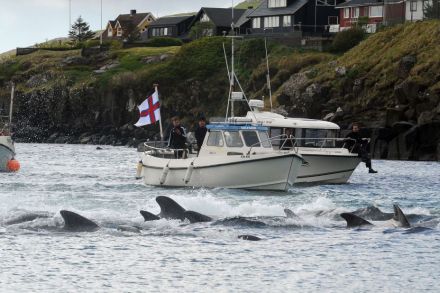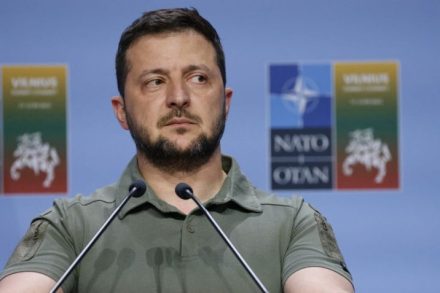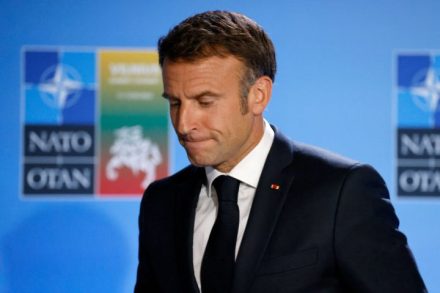The rise of the French Intifada
Seven years ago on Friday, a 31-year-old man got behind the wheel of a 19-tonne lorry and purposefully drove it down Nice’s Promenade des Anglais at speed as crowds celebrated France’s Bastille Day. Eighty-six people were killed, including 14 children, the image of an infant’s corpse wrapped in foil beside a toy shocking a country that had grown wearily used to violence. The previous November, 130 people had been murdered across Paris in a series of attacks which reached their most intense savagery at the Bataclan. This followed earlier atrocities that year at the Charlie Hebdo office and a Jewish supermarket in the French capital. In all cases the attackers





















